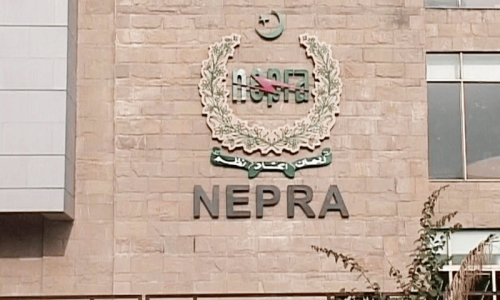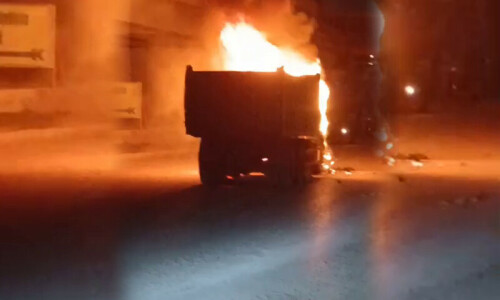While recommending the changes, according to a report in this newspaper, the federal petroleum ministry has totally ignored the concerns of the Planning Commission, Ogra and some experts. The logic behind the opposition to the move is simple. It stresses on the need to phase in price deregulation to see how it works out in practice. This is to allow the government sufficient time to introduce legal checks and empower Ogra to prevent market abuse. This is important. The absence of strong regulations could provide the refineries and associated companies room to manipulate the market to an extent where they edge out the smaller OMCs. We have seen this happen in the LPG sector. The summary sent by the petroleum ministry to the Economic Coordination Committee also proposes to continue to let the refineries charge 7.5 per cent deemed duty on the local production of diesel and kerosene. But the refineries have not been given a deadline to reduce sulphur content in their diesel to 0.05 per cent for which this concession is meant.
Further, the proposal permits the refineries to continue to reap the benefits of protection of guaranteed tariff for transportation of their products through pipeline instead of charging the actual cost incurred on this count. This runs counter to free-market principles and consumer interests. Allowing fixed margins to OMCs and dealers on their sales eliminates competition at the retail level at the cost of the consumers. The only good news for consumers is that the proposal recommends deregulation of rail and road freight on transportation of petroleum products, which will bring down upcountry retail prices by Rs0.50-2.50 per litre. The ECC, which will be taking up the proposals, must seriously consider the concerns and objections against the ministry's summary and also consult the Bhagwandas Commission Report on the price-determination mechanism of petroleum products before stamping its approval.










































